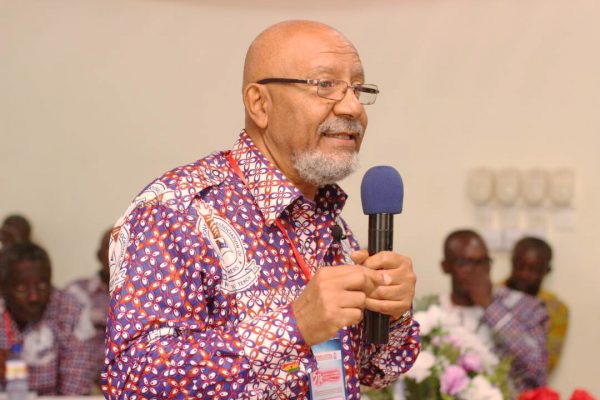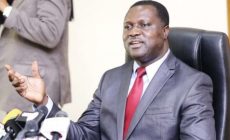Allow SHS students to use mobile phones – Educationist
- Posted on
- Comment
 The issue of whether mobile phones should be used in basic and second-cycle schools in the country stirred controversy at the fifth quadrennial regional delegates conference of the Greater Accra branch of the Ghana National Association of Teachers (GNAT) in Accra on Tuesday.
The issue of whether mobile phones should be used in basic and second-cycle schools in the country stirred controversy at the fifth quadrennial regional delegates conference of the Greater Accra branch of the Ghana National Association of Teachers (GNAT) in Accra on Tuesday.
A Ghana Education Service (GES) policy does not permit students in second-cycle schools to use mobile phone.
Speakers at the conference were unanimous that there was the need for teachers to adopt innovative strategies to enhance teaching and learning but held dissenting views on the use of smartphones to enhance the process.
Delivering the keynote address, an educationist and Founder of Gifted and Talented Education (GATE), Mr Anis Haffar, advocated the use of mobile phones by students, stressing that it was a backward tendency for students to be restricted from using smartphones in a world that was dominated by technology.
Phone use good
According to him, there was the urgent need for holistic structures to be put in place by policy makers in education to allow mobile phones to be efficiently used by students.
“Under no circumstance must we deny young people access to smartphones because it can provide more information for students than any teacher can. I taught in California as far back as 1984 and students were allowed to use mobile phones. We cannot deny young people access to this technology in the 21st century.
“I can understand how people feel about the need for this new trend, but we need to put the structures in place to incorporate discipline in the use of these mobile phones.
“Teachers themselves need to be taught to use smartphones so that they can in turn use them to teach students appropriately and take away the monotony of teachers always being at the centre of the learning process,” he stressed.
Mr Haffar, who is also a columnist on the rubric “Education Matters” in the Daily Graphic, stressed that the continued reliance on traditional teaching methods and conventional teaching strategies ought to be reviewed to make it possible for teachers to imbibe modern technology, so that the educational system would be in tune with what happened in other jurisdictions.
He described the theme for the conference: “Transforming societies through education under Agenda 2030: 60 years of Ghana’s educational system; educating for certification or educating for self-sustaining life transformation”, as apt.
He urged teachers to adopt innovative technologies that would make teaching more practical and student-centred.
-Graphic










 (Selorm) |
(Selorm) |  (Nana Kwesi)
(Nana Kwesi)